|
By Manuel Players: 1 Platforms: Nintendo Switch, PlayStation 5 It's always best to never judge a game before playing it, and that's something I have to admit that I did when I first came across WitchSpring R. Having just arrived on the Nintendo Switch and PlayStation 5 following an earlier Steam release last year, I was initially put off by the fact that it began life as a mobile game. Sure it's a cute-looking RPG, but how good can it be if it was made to be played in the most casual of platforms out there? My intro to the review may have already given away the fact that my initial assumptions were completely off the mark, but let's let the review speak for itself. Before we begin, I should note that I played the Nintendo Switch version here, though I'm sure it'll reflect the content in its other console version as well. With that out of the way, let's dive in! StoryWitchSpring R places you into the role of Pieberry, a young witch who lives by herself in the aptly named Witch's Forest. Having no mother she can recall, she named herself based on her love of pie and strawberries. Her love for pie is so strong that it what drives her to do most of the things she does. Unfortunately for Pieberry, the world she lives in isn't very kind to witches. Outside of the forest is the world of humans, and humans have a rather dark past. Having previously lived in peace with the gods of the world, humans eventually killed the gods, and took their power for themselves. If that weren't enough, the reigning Pope has called for the destruction of all witches. Pieberry starts the game blissfully unaware of the severity of the situation, but she does notice that more and more human warriors have begun wandering into her forest seeking to do her harm. She's not without her own means of defense, and her forest is also guarded by a large golem named Balt. Pieberry's life changes dramatically once she encounters Black Joe, a bird who piques her interest of the outside world. Against the advice of Black Joe, Pieberry ultimately leaves her forest in search of the best pie she's ever had; one that she ate when she was a child. From there the plot takes several twists and turns, and she learns all about the dark history of her world, and even some of the reasons behind why those events took place. Throughout her journey she encounters the remnants of the defeated gods, the Pope's holy knights who seek to kill her on sight, and even other witches like herself. I'll refrain from discussing more plot in fear of dipping into spoiler territory, but rest assured that it is one of the stronger aspects of the game. Even though I feel like WitchSpring R has one of the best stories I've experienced within an RPG, you'd be forgiven if you didn't think the same when starting the game. The first two hours or so of WitchSpring R feel like they have no direction to them, and actually made me wonder if the game would have a central plot at all. The stuff about the gods and humans is told to you when the game starts, but it takes a long time for any of that to come back into the fold. Instead you'll be going on what's essentially a long tutorial filled with fetch quests and seemingly random events. Those events turn out to be anything but random, but it's hard to see it that way at first. The game is divided into chapters, with those chapters being divided into missions that essentially act as sub-chapters to the main ones. You're allowed to deviate from the central plot and complete any tasks you wish, but the game will always tell you what you're supposed to do next. This method of storytelling ensures that you'll never have one of those "Where do I go next?" type of moments, and it's probably a remnant from its origins as a mobile game. This could be seen as a negative, but it actually gives the game a rather brisk pace. You're constantly moving forward, and you always have a new objective to work towards. Not only is the game paced rather well, but the lighthearted nature of the early part of the game serves as the perfect contrast for the darker plot elements that come next. I was shocked when the story began to expand fully, and there were many plot twists that caught me off guard. This is a game that seems like it's going for a silly, slice-of-life feel, at first, but it quickly shifts to something that is truly epic in scope. GameplayI mentioned earlier that the beginning part of the game is a several-hours long tutorial, and that's due to the fact that pinning down WitchSpring R's gameplay is a very difficult task. At its core, this is a turn-based RPG with an emphasis on combat and stat growth. The thing is that you don't have a standard level system, nor many other trappings one would expect to find in a game of this genre. Much of your exploration will be in the form of collecting ingredients for spells, and this can be done by grabbing them from spawn points, or by defeating enemies. Ingredients sometimes can have an effect of their own, such as healing or adding a bonus in combat, but they're usually meant to be combined with other ingredients. Besides using ingredients to make consumable items, Pieberry also uses ingredients to feed to her pets (more on this later), evolve her weapons, and even create new spells. Her house always acts as a home base of sorts, and it's there where you'll do most of the work involving said ingredients. It's also where you can rest and save your game, but that's neither here nor there. There's obviously a lot more to these systems, but it'll be a bit too much of I explain it all here. This resource management side of the game is one of the most important aspects to master if you want to make a powerful character, but it can also be overlooked if you'd rather focus on combat. Speaking of which, let's tackle that subject next. There are no random battles in WitchSpring R, as every potential enemy encounter can be seen on screen. Not only are the enemies visible, but you can also see how many you'll be facing, and how powerful they are. You can then choose to use an item to boost your stats for that battle, attack them outright, or run away if they're too much for your current skill level. Choosing to fight takes you to the main combat screen, where your party will face off against whatever group of enemies you chose to take on. I say "party", but the only character you fully control is Pieberry herself. You have the ability to capture (Or actually mind control as it were.) certain monsters within the game that can then join you in a Pokemon-esque way. These pets can be powered up by feeding them ingredients you don't need, and can be summoned at any time. Summoning them requires MP, but they provide additional abilities and skills that can be used in and out of combat. Each battle has a timeline of sorts on the bottom of the screen, and this shows you the order of attack. You can actually shift the order around through various means, and it reminded me a lot of the battle system found in Final Fantasy X. Pets attack and use skills at their own discretion (Often determined by how many turns have passed.), and you sometimes can choose their target. On your turn you can attack physically, cast spells, use a special skill, use an item, or run away. Each of those actions have several sub-actions to them, and these include different attacks or spells, or even using Black Joe to bring you an item instead of using your turn to do it yourself. Not only can you jump around the battle order if you play your cards right, but you can even give yourself an extra turn if you defeat certain enemies. There are also ways to recover your HP and MP in battle without the use of items. That's all outside a bit too advanced for this discussion though. A battle is won if you defeat all enemies, and you lose if Pieberry loses all her HP. Losing a battle isn't an instant game over, as you simply can go back to before the battle to run or try again. That all sounds simple enough, but I've barely scratched the surface. I'm not joking when I say that combat makes up the core of the game, as I could spend several more paragraphs just trying to explain all its intricacies. I probably have already spent too much time on this one topic as it is. Like most things in WitchSpring R, things start out simple enough, but you'll eventually unlock things that complicate the system further. I say that like it's a bad thing, but it does make each and every encounter feel far more involved than your standard RPG random battle. Besides standard attacks and spells, you'll gain the ability to use skills that need time to charge, and some that don't even take up your turn in battle. It gets to the point where you can twist the entire system to your advantage, but I'll leave the specifics of that to be discovered for oneself. It's not an over-exaggeration to say that this is a combat system that is far more robust than what's typical found in a turn-based RPG. A single character party sounds like it would be simple, but it's far more than that, and keeps getting built upon until the very end of the game. Another important aspect to Pieberry's combat ability is her stats and growth. This is another system that's a bit too complicated to explain in full, but I'll do my best to cover it briefly. There is no power levelling to be had in WitchSpring R, as every single stat or skill gain is predetermined to some degree. That may sound like it'll create the same Pieberry for every playthrough, but that's not how it works here at all. The standard way to gain stats is through training. Training slots are only given to you at specific points in the game, and you can choose to favor certain stats over others when training. Not only that, but stat gains are actually given out based on your performance in a series of minigames, and you get a bonus for completing said minigames perfectly. Besides this, there are also stat boosting items you can find, craft, or even buy. These are all extremely limited in stock, so they too aren't able to be abused if that's your plan to get strong quickly. Even though there is no standard level system, there is "combat level". This combat level goes up after getting a certain amount of experience, but experience is only given the first time you defeat a group of monsters. This means there's a set amount of EXP to find in the game, and any repeated monster encounters will only be for grinding ingredients. Combat level not only grants you even more new skills and abilities, but it also gives you huge stat bonuses, and increases the stats gained from training. Combat level also raises very slowly, so it acts as a milestone in your character growth. Additionally, you can also alter your skills and stats by evolving your weapon, creating new magic, and simply equipping better armor and accessories. There’s so much more that can be discussed, but I think you get the point by now. Not only can you shape Pieberry to suit your specific play style, but the sheer amount of variations mean that finding two builds that are similar is very unlikely. I don't often come across a game that I think has a bit of something for everyone, but that's exactly the case in WitchSpring R. This is not only a story-rich RPG, but it also has a lot of inventory management and stat-building stuff that I'm sure will appease the type of gamer who lives for such things. There are plenty of ways to min/max and game most every system, and I'll admit that I lost myself trying to get the biggest stat gains as early as possible. The glory of WitchSpring R is that you don't have to bother with any of this though if you'd rather focus on the plot and characters. Not only is there an easier difficulty you can switch if you feel that the game a bit too difficult, but you only really need to have a basic of understanding of the game's systems to get by. The training can be done automatically, the stat bonuses will be fine even if you don't try to go for the biggest gains, and you can get as involved in the game as you want. It seems to be made with the entire range of gamers in mind, and I'm here for that level of gameplay diversity. Graphics & VisualsDiscussing the visuals in WitchSpring R is a bit of a complicated topic as I don't think still images do them justice. Though this game did start life as a mobile game, this version looks on par with many other AAA titles. The character and monster designs are all on point, the world is detailed and colorful, the animations are all silky smooth, and there's even great use of lighting and framing in the game's more dramatic moments. It really goes above and beyond in ways I didn't expect it to, and it only gets more impressive the more you play. I do have to admit that I experienced a few hiccups playing on the Nintendo Switch, but they weren't very distracting, and I'm hoping that they can be smoothed out in a future update. Not only is the game appealing on a technical level, it also has a charm that I can't easily put into words. I hesitated to make comparisons to the Atelier series earlier, because I only have surface level knowledge of the series, but there's an aesthetic and vibe to those games that I feel is also present here. I don't mean to say that it's attempting to emulate anything from those games, but I do think that they both share a certain incalculable something that makes people care deeply about the game's world and characters. Pieberry and Black Joe are a perfect pair, and the supporting cast is just as good. I'd tell you more about them, but there's that spoiler thing I mentioned earlier. WitchSpring R unfortunately doesn't have the name recognition of the Atelier series, but I'm hoping that more people pick it up and see what I mean about its visuals. There are plenty of other reasons to pick it up of course, but it being a good-looking game is not a bad place to start. Sound (Music)Although I just finished explaining why I think the gameplay and graphics are probably the best parts of the game, I have to say that I think WitchSpring R truly excels when it comes to its sound. This game features one of the best soundtracks I've ever heard this side of the Final Fantasy series, and there are several tracks that have been stuck in my head since I booted up the game. All the standard themes are here too. There's calm music for the towns and for Pieberry's forest, there's ominous music for the dungeons, epic music for the combat encounters, and just about everything in-between. This is a perfect soundtrack, and I've already began looking up a full release of it online. Part of me wishes there were some vocal tracks to really kick things up a notch, but not every game needs those I guess. It's not just the music either. The sound effects are great, and the overall mixing is well done too. I literally have no complaints when it comes to music and sound design, except maybe wanting more of it, and that's not a bad place to be in the grand scheme of things. Sound (Voice Acting)WitchSpring R is not only fully voiced, but it also has some amazing performances to boot. I should also mention that there is both a Korean and Japanese language track to choose, with my playthrough being done with mainly the Japanese track. It is the default track, and I only learned of the Korean one when I was curious if it had one due to fact that it's a game developed by a South Korean developer. I did check out the Korean track out of curiosity, and I can report that it features the same level of quality as the Japanese one. Besides each voice actor breathing life into each character, the fully voiced nature of the game really ups its production values. There are hardly any parts of the game that are left unvoiced, and that alone surprised me. I've played many a big-budget RPG that was only voiced during big scenes, and then had plain dialog boxes for just about everything else. WitchSpring R does have a few silent bits here and there, but they were so few and far between that I barely even noticed them. Once again, the voice acting here is top notch too, so it's just another part of the game's sound design that I can praise. I guess one can add a small negative if you were expecting there to be an English dub here, but I personally don't mind its absence. ValueComing in at very reasonable $39.99, WitchSpring R offers up quite a bit of content for its price. It's a long RPG that has production values on par with any other big name RPG studio out there. Not only does it provide hours and hours of gameplay, it's also highly replayable due to how different each player's builds can turn out. There are even multiple difficulty levels to attempt, though I stayed within the Normal difficulty for the sake of this review. Its price is admittedly on the higher end of indie releases, but it's worth every penny in my opinion. There's so much to love here, that I'd even say that its price point feels a little low. That's kind of an odd thing to point out though, so I guess we'll just leave things at agreeing that $39.99 is a great price point. ConclusionIt probably isn't going to surprise anyone that I give WitchSpring R the fullest of recommendations. It's probably the best RPG I've played this year, and easily one of the best I've played ever. It manages to stand out in a rather crowded genre, and brings several interesting additions to the table. I started this review mentioning how I judged it hard based on its mobile origins, but I think it's those very same beginnings that make it the awesome game it is. This is not only a must-buy for fans of RPGs in general, but there's a casual feel that makes it inviting while not dumbing down its gameplay one bit. I know that there are other games within the mobile WitchSpring series, and I hope that they all eventually get console re-releases as good as this one. I guess we'll have to wait on that one, but we still have this game at the very least. Pick it up now, and thank me later. See you in the next one! Check Out WitchSpring R on Nintendo Switch: https://www.nintendo.com/us/store/products/witchspring-r-switch/ Story: A Gameplay: A+ Graphics: A+ Music/Sound: A+ Value: A Overall: A+ Pros: + A unique RPG that changes up the standard genre formula. + Gameplay has the perfect mix of complexity and simplicity that make it playable for gamers of all skill levels. + The story starts out simple enough, but grows into something truly epic. + Visuals are on par with AAA releases from studios that are far bigger. + Not only features one of the best soundtracks I've heard in a while, but the game is also fully voiced in both Japanese and Korean. + The robust stat and character growth systems means that no two character builds will ever be exactly alike. + Quite literally the best RPG I've played this year, and one of the best I've played ever. + Pieberry is just a great character all around. Cons: - The game takes a while to get off the ground, with the opening section feeling like it has no direction. - Can be a bit complicated at times if you really want to get into the deeper ends of the gameplay mechanics. - Having set growth limits may be off-putting to some players. - Though I personally didn't mind its absence, there is no English language track for those who might prefer dubs. A copy of this game was provided to us free-of-charge by the publisher for the purpose of this review. This did not affect our review in any way.
0 Comments
Leave a Reply. |
Search
Contributors◆ Angie
◆ Emily ◆ J.D. ◆ Janette ◆ JT ◆ Manuel ◆ Nestor ◆ Rose ◆ Sylvia ◆ Teepu ◆ Tiffany ◆ Winfield Archives
July 2025
|
© 2014-2025 A-to-J Connections. All Rights Reserved.

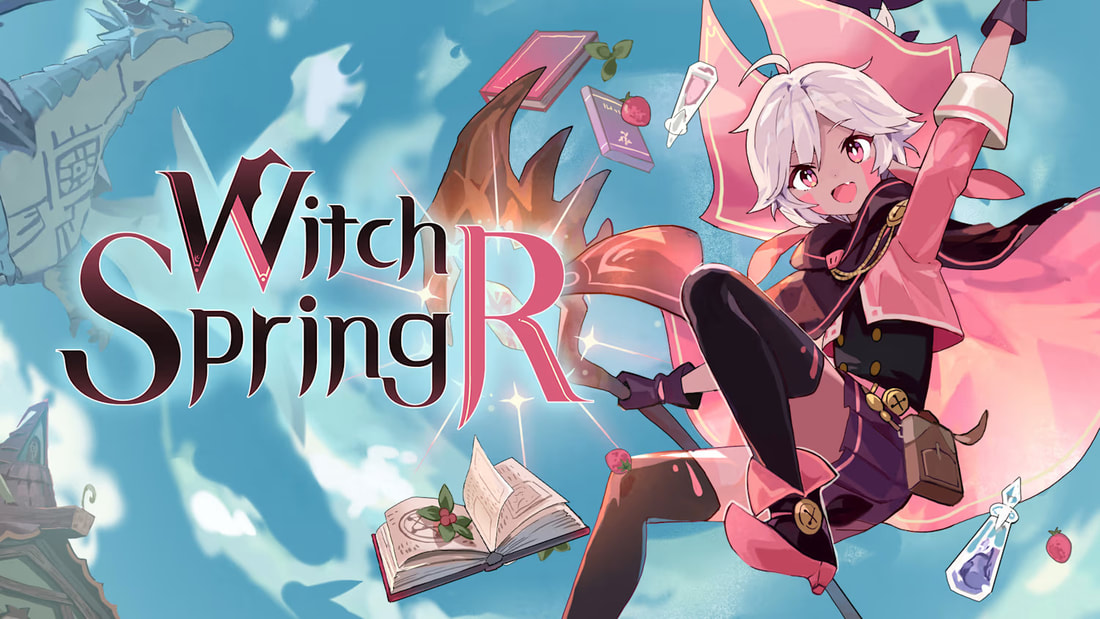
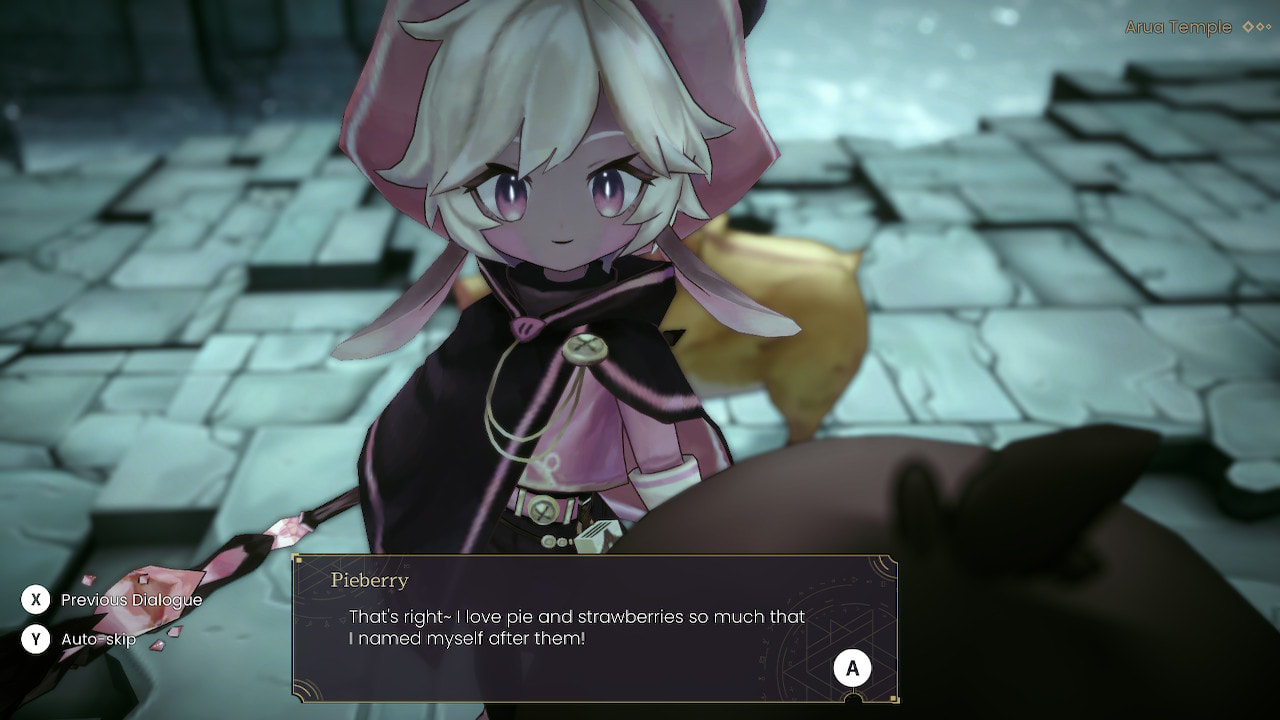
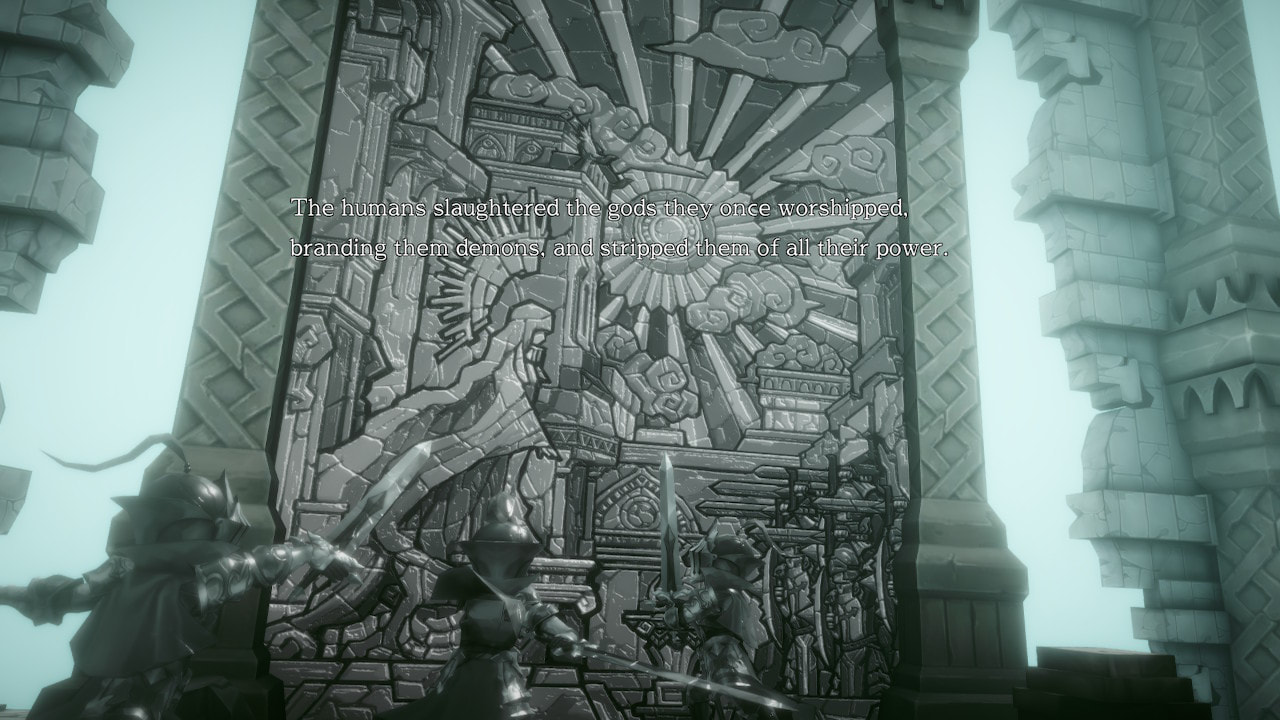
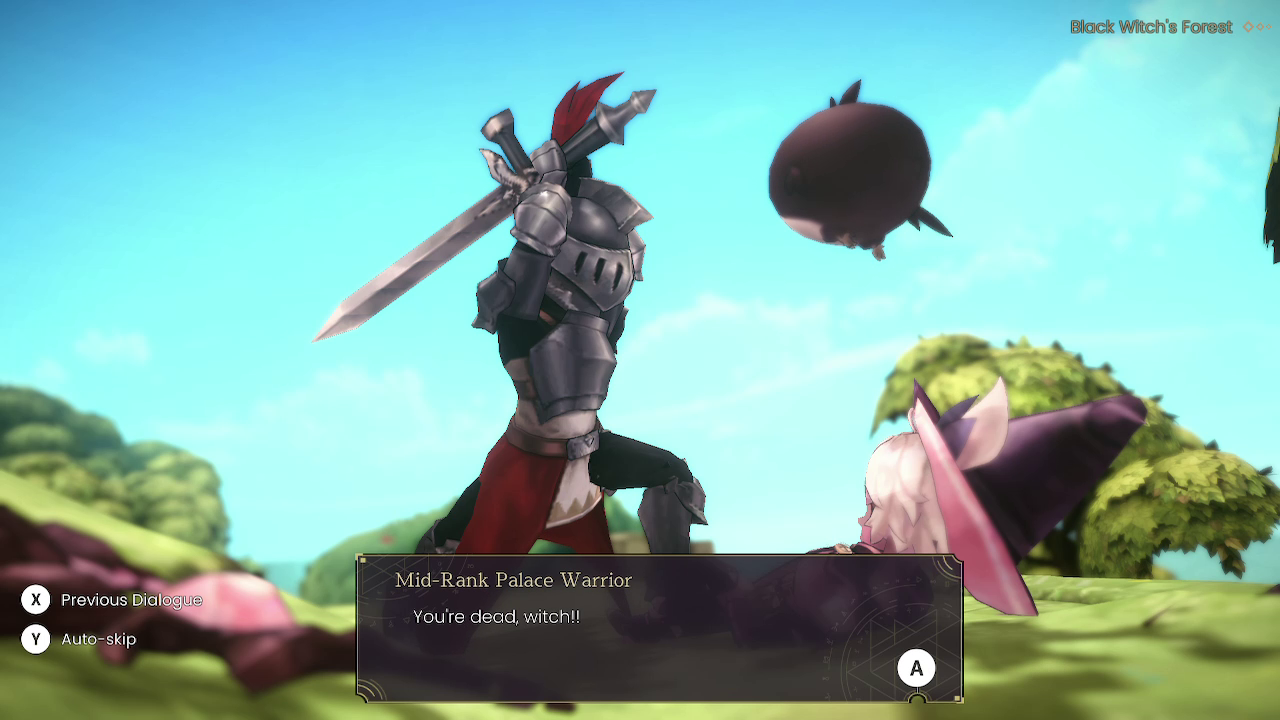
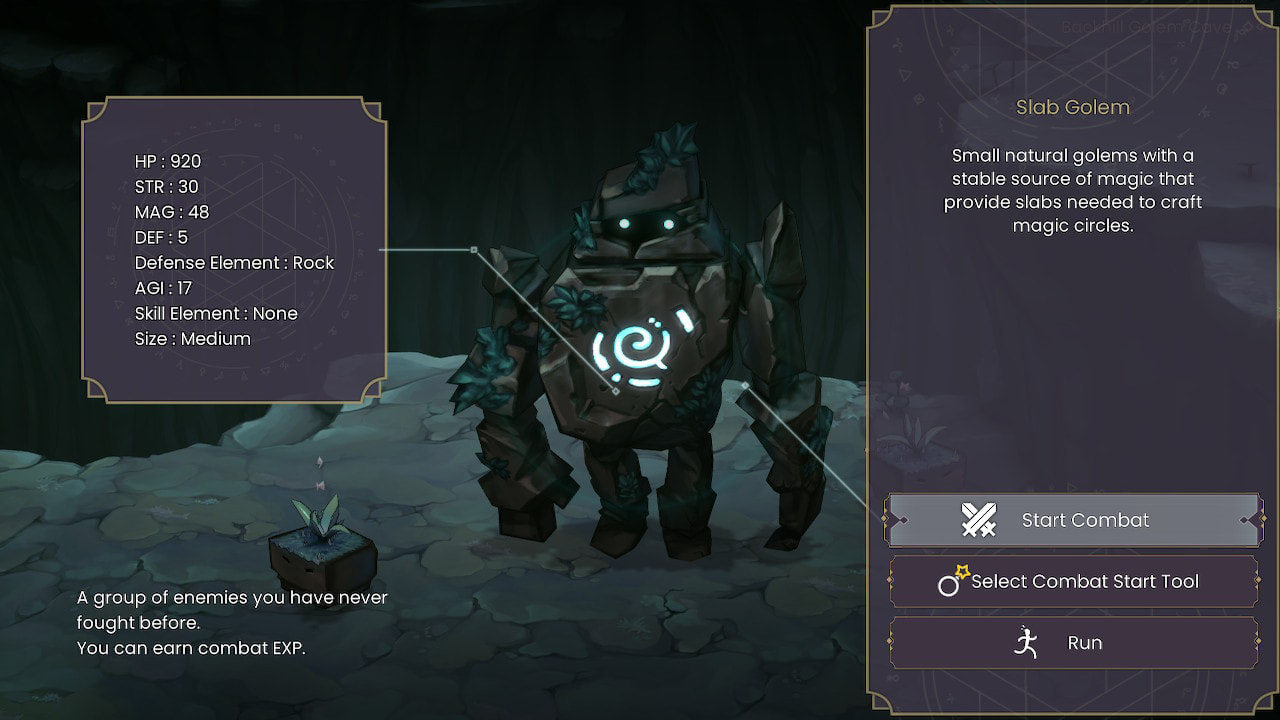
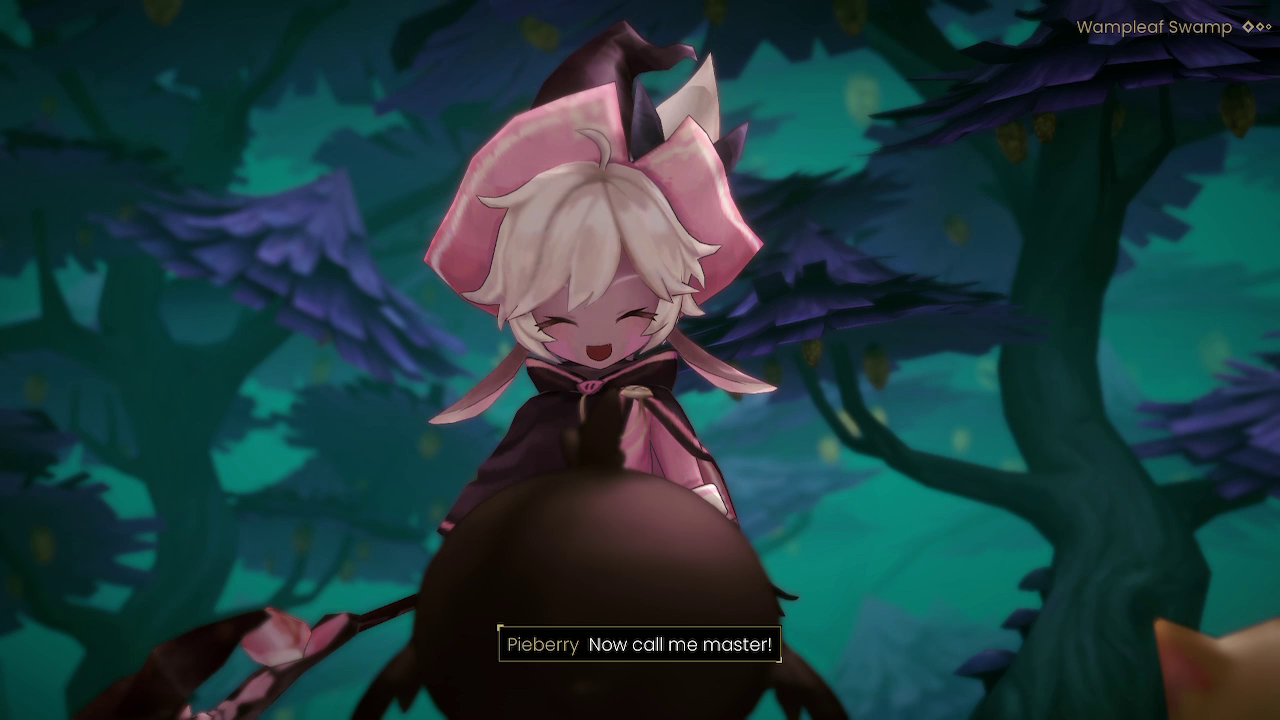
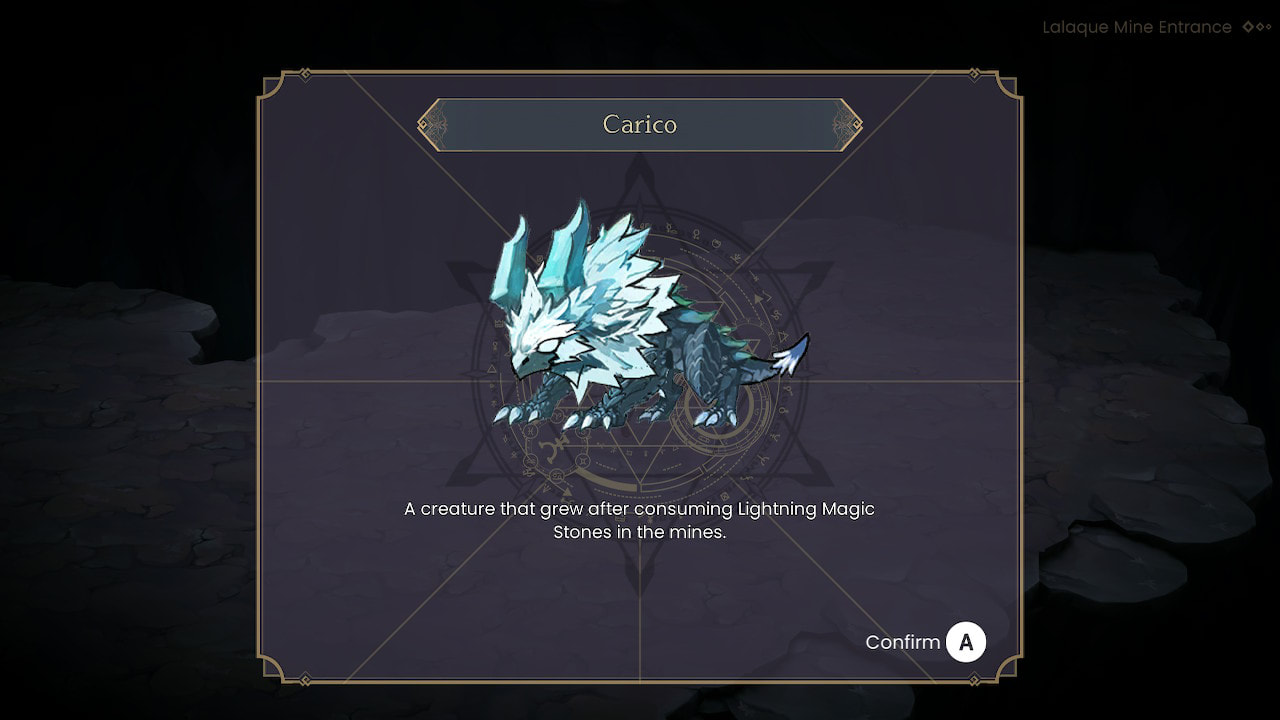
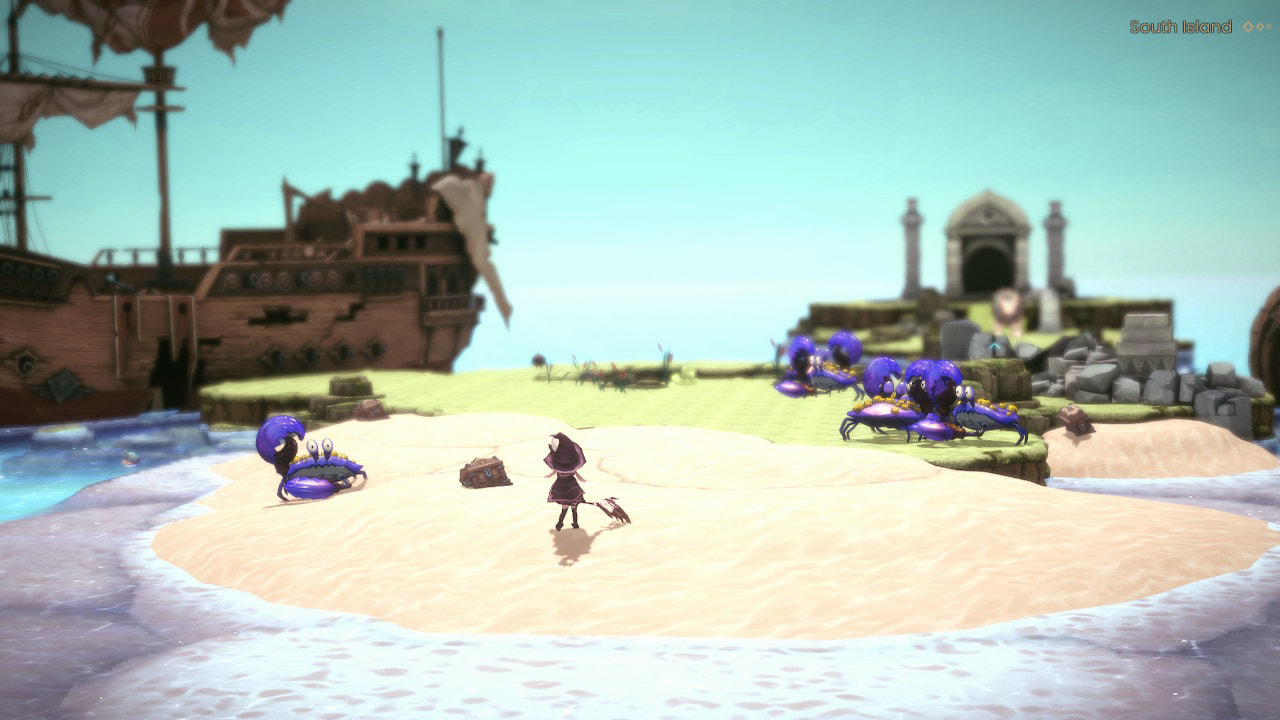
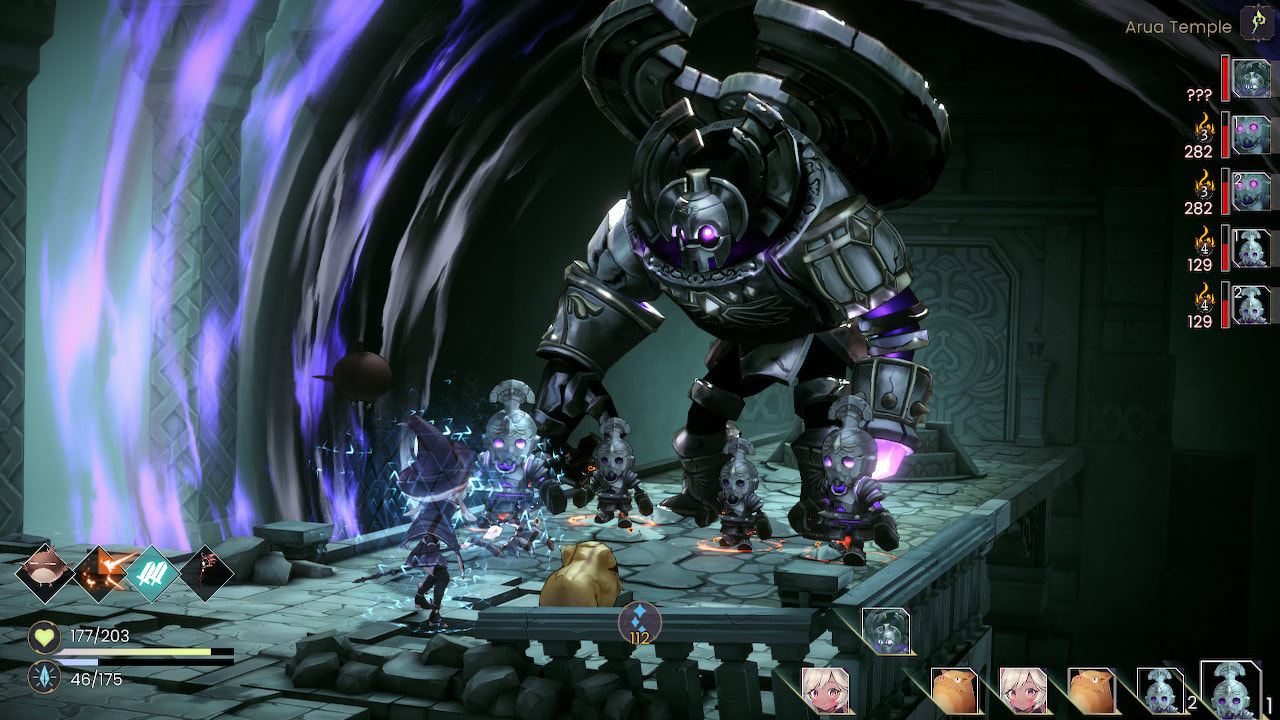
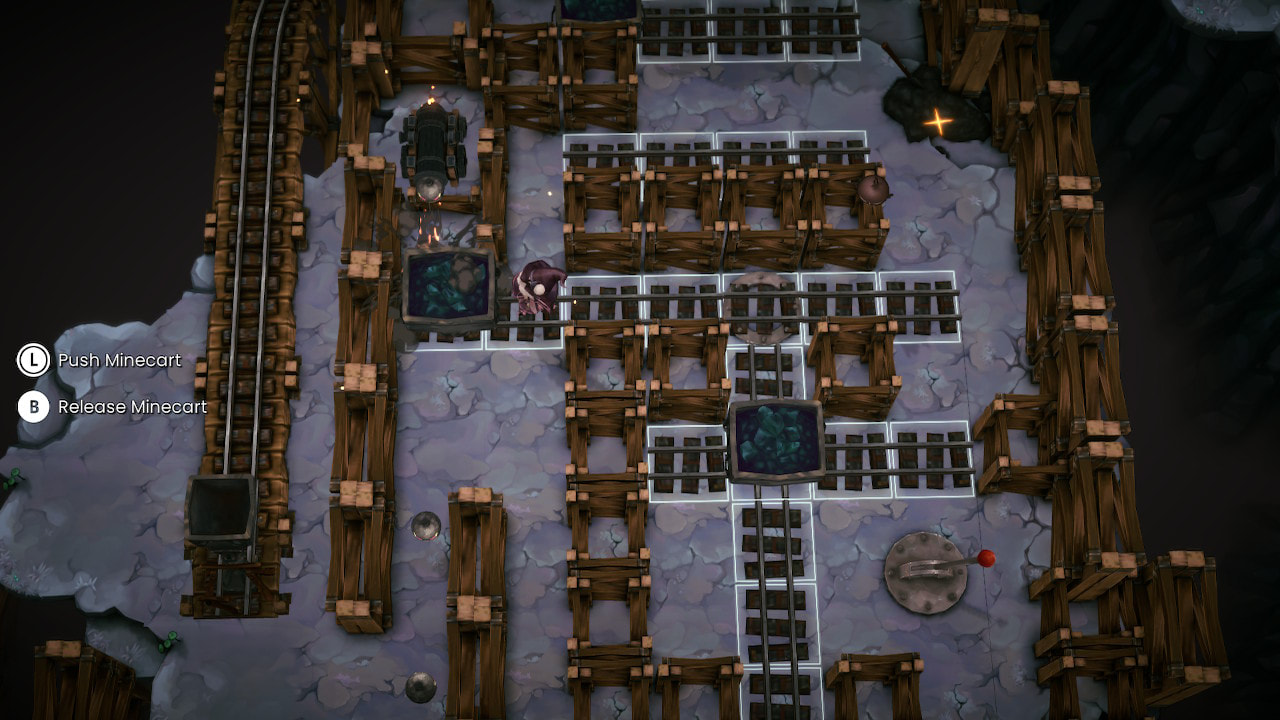
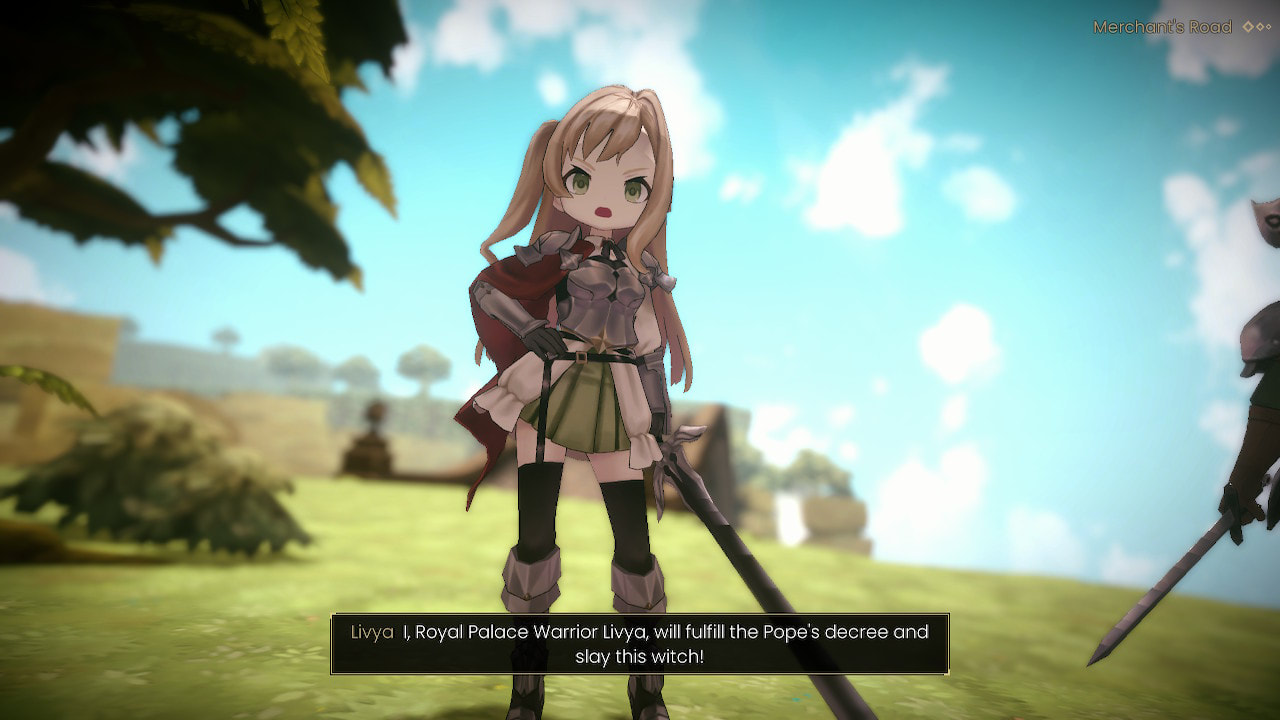
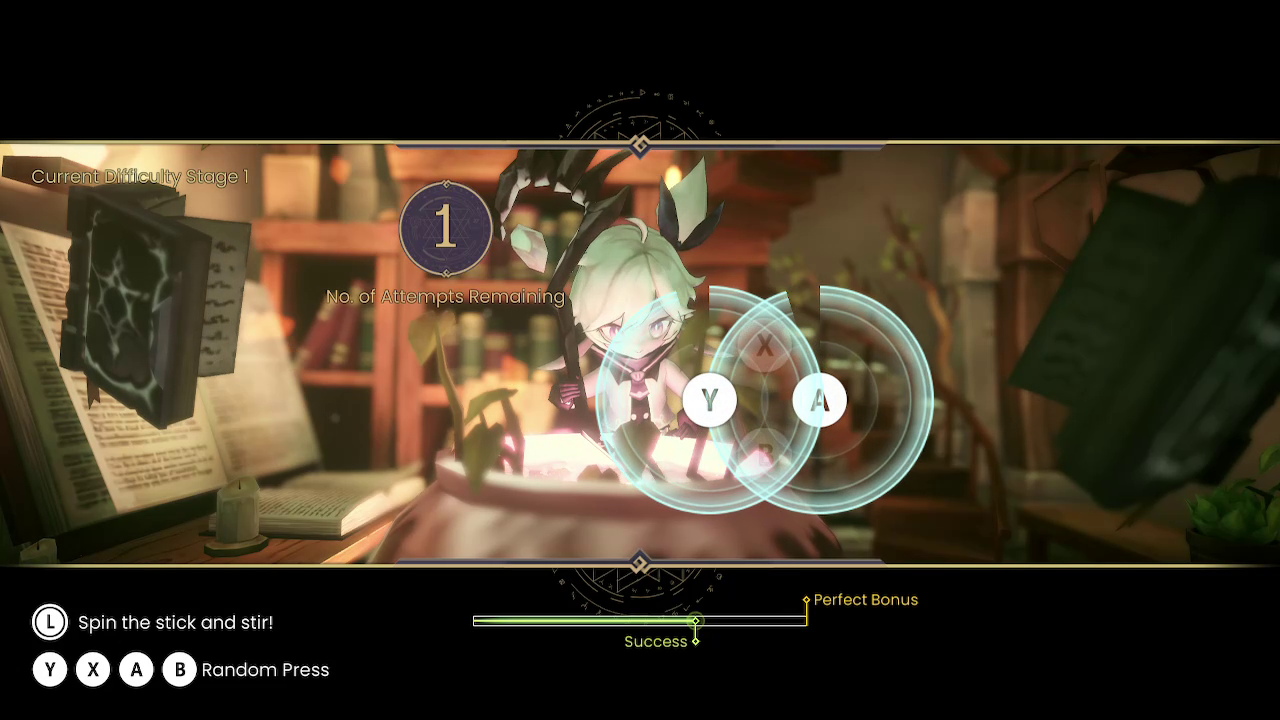

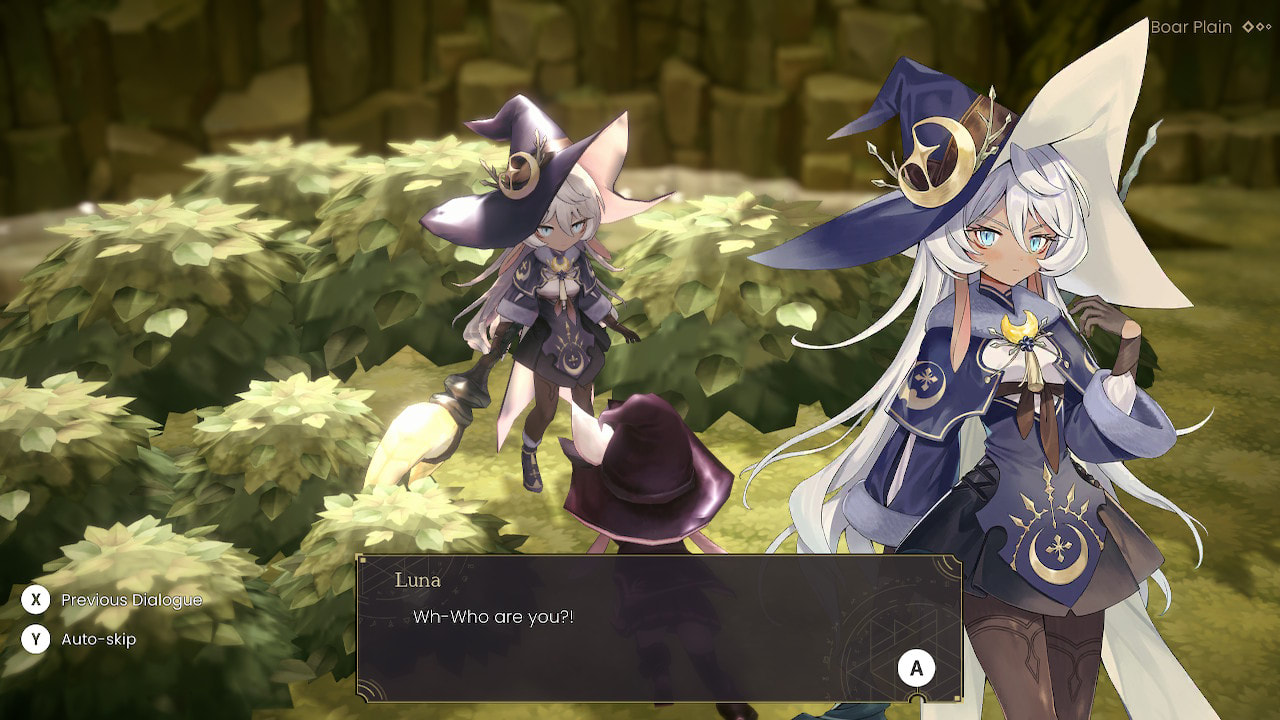
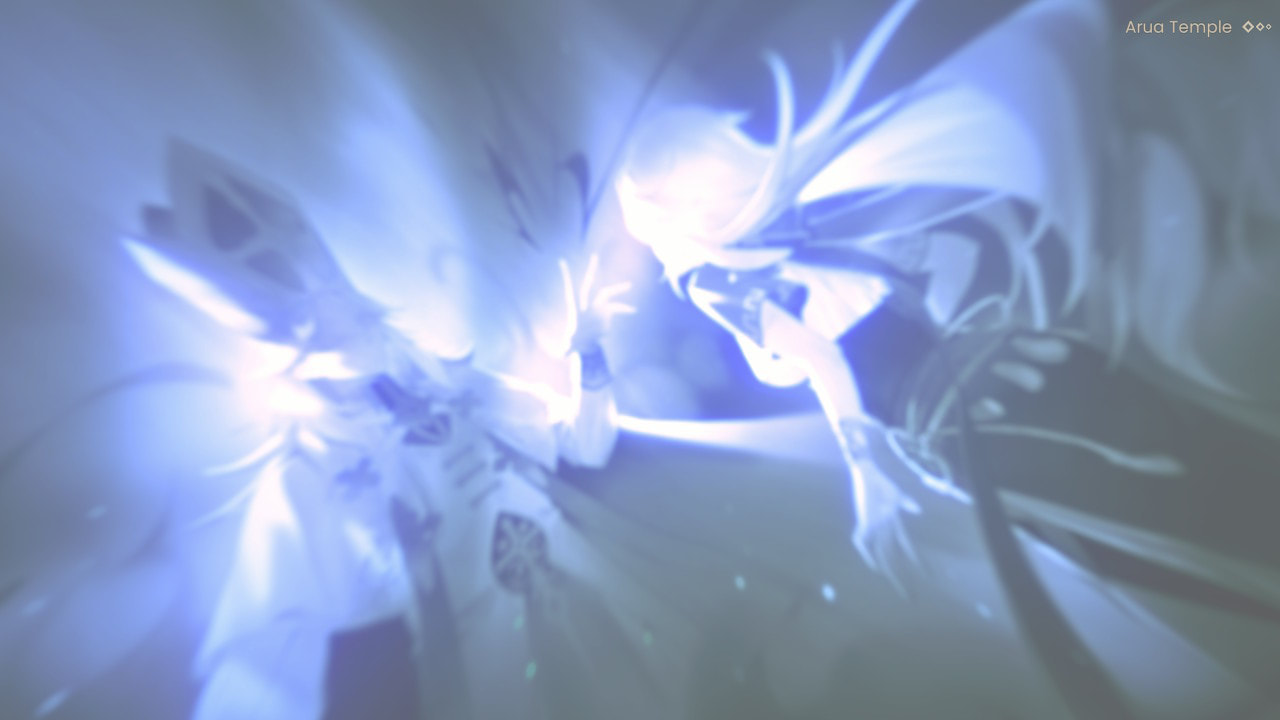
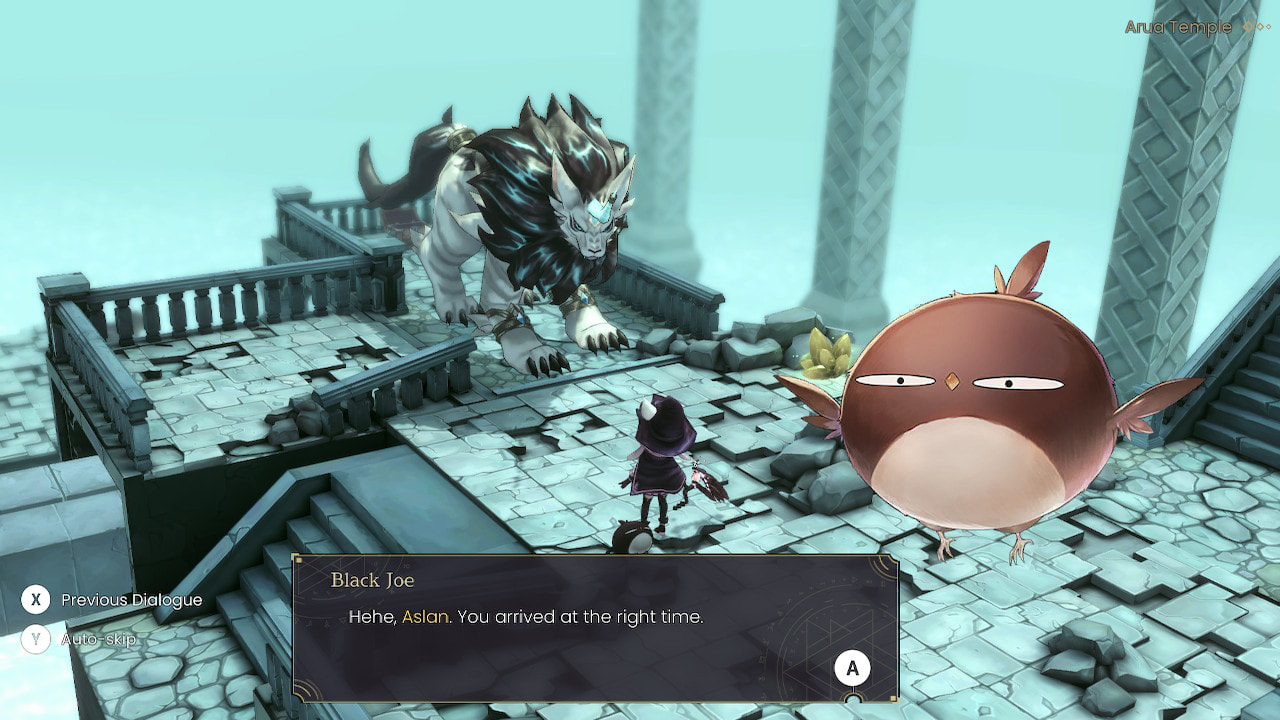
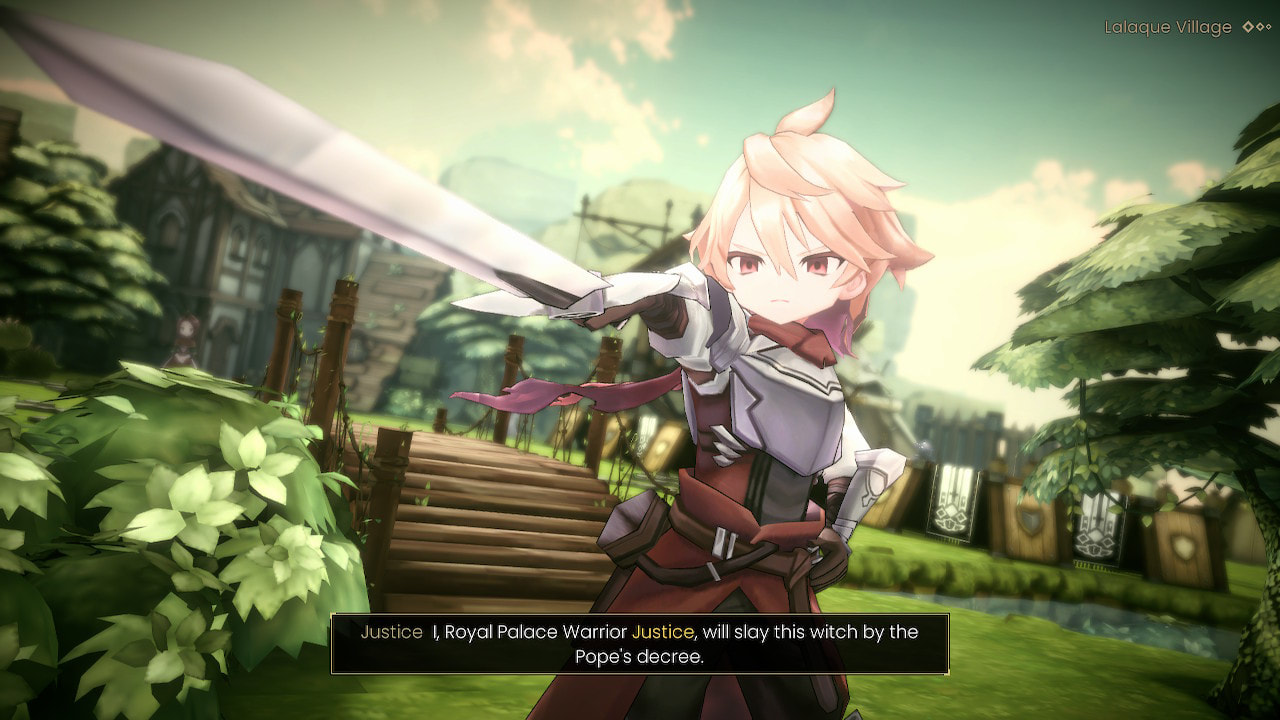
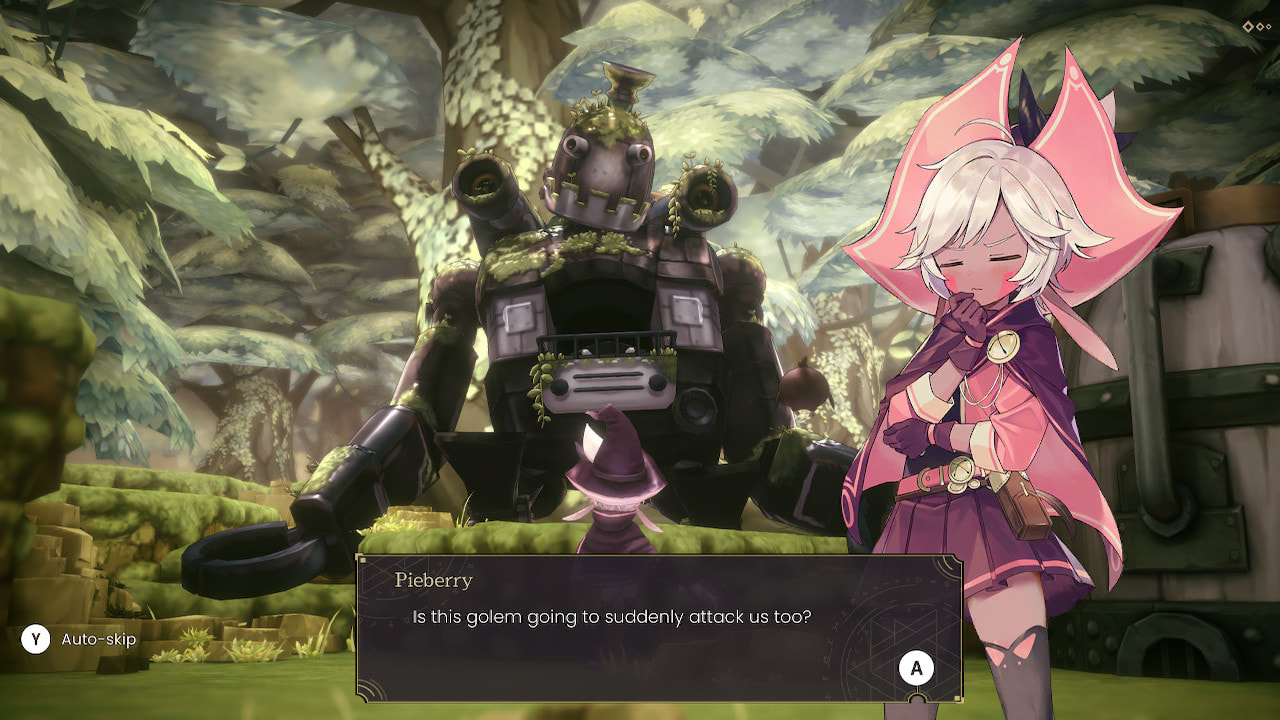
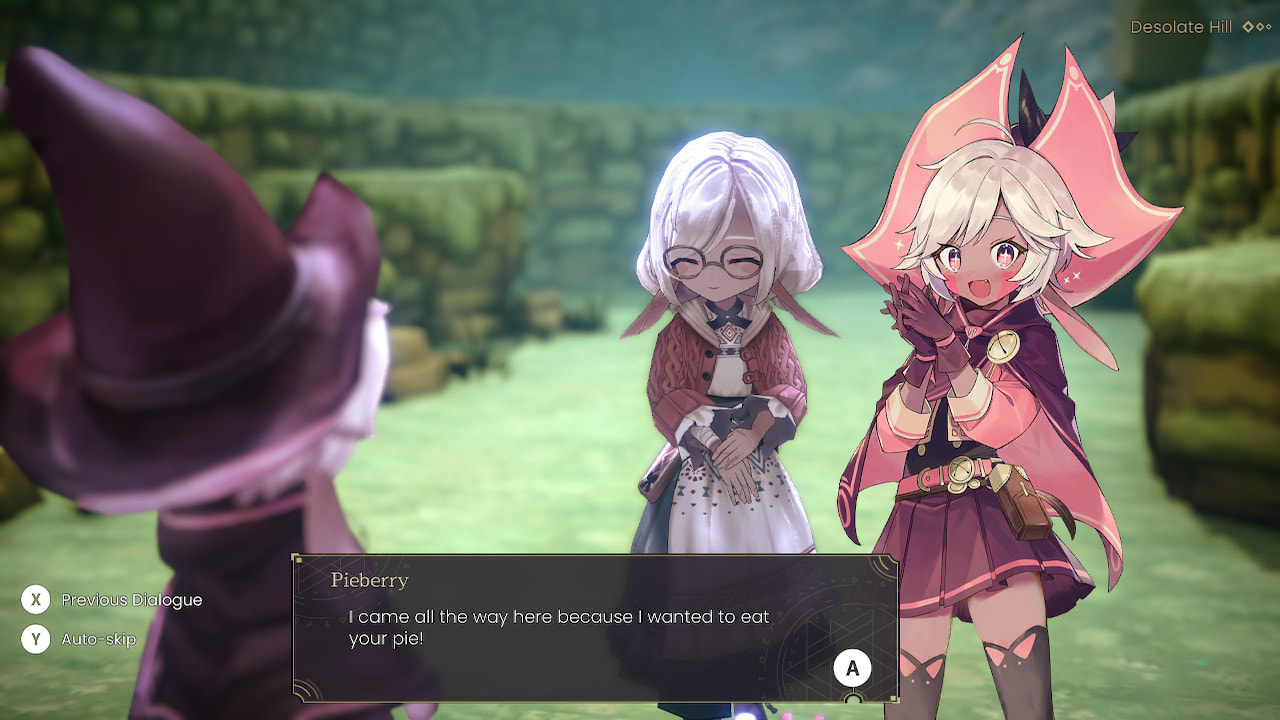
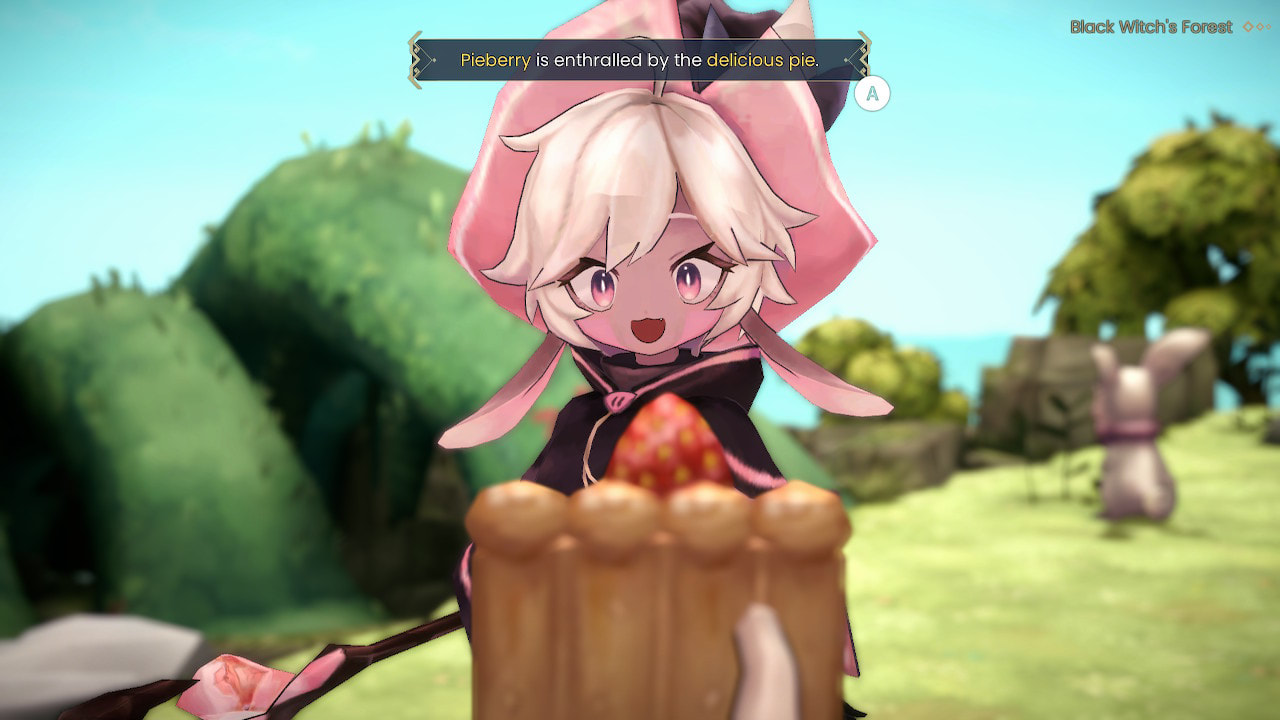

 RSS Feed
RSS Feed